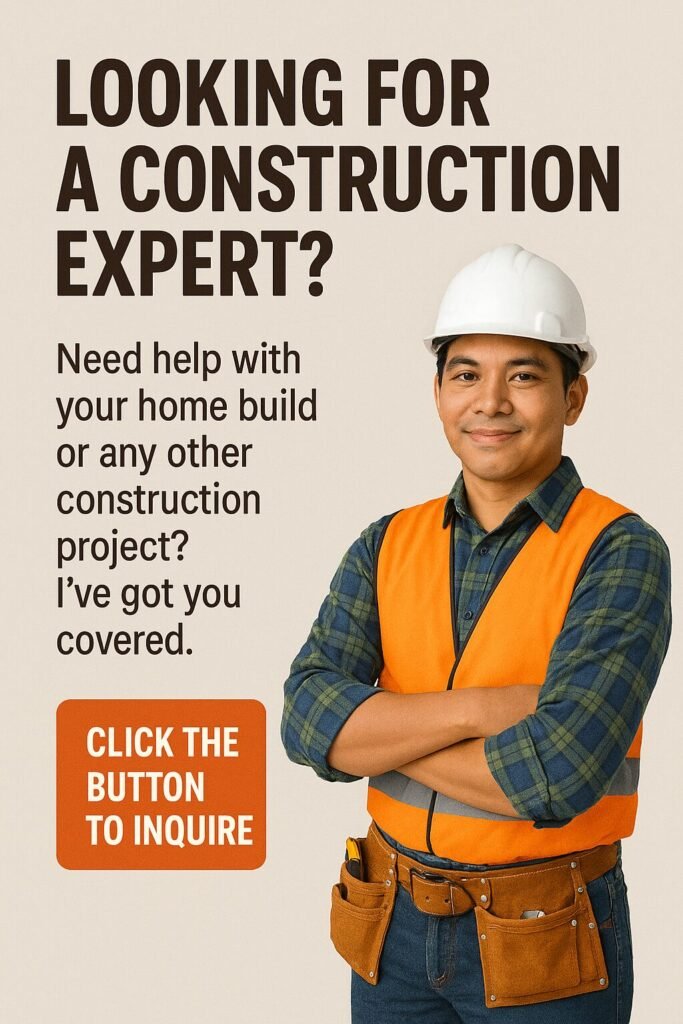Embarking on a home renovation or construction project is a big step, whether it’s a kitchen remodel, a new addition, or a full-scale rebuild. The success of your project hinges on a strong partnership with a reliable and trustworthy contractor. Before you sign on the dotted line, it’s crucial to have a detailed conversation. Asking the right questions upfront can save you from unexpected costs, delays, and a lot of stress.
Here are the top 10 questions to ask your contractor to ensure your project stays on track, on budget, and meets your expectations.
1. Are you licensed, bonded, and insured?
This is non-negotiable. A licensed contractor has met the state’s requirements and is legally permitted to operate. Being bonded provides a layer of financial protection for you, while insurance (specifically general liability and workers’ compensation) protects you from liability if someone is injured on your property or if there’s damage during the project. Always ask for proof and verify the information.
2. Can you provide a list of references and a portfolio of past projects?
A reputable contractor should be proud of their work. Ask to see a portfolio of their completed projects, especially those similar to yours. Even better, ask for contact information for a few past clients. Speaking with them can give you invaluable insights into the contractor’s communication style, professionalism, and the quality of their work.
3. What is your process for managing a project like mine?
Every contractor has a different approach. Ask about their project management style:
- How often will we communicate?
- Who will be my main point of contact?
- How do you handle unexpected issues or changes during the project?
- What is the estimated timeline from start to finish?
A clear, well-defined process is a sign of an experienced professional.
4. How will you handle permits and inspections?
Most significant renovation or construction projects require permits from your local municipality. A good contractor will be knowledgeable about the necessary permits and will handle the application process for you. They should also be aware of the inspection schedule and be prepared to meet with inspectors to ensure all work is up to code.
5. What is the total estimated cost, and what does the contract include?
A detailed, transparent contract is your best friend. It should outline the total project cost, a breakdown of labor and materials, a payment schedule, and a clear scope of work. Be wary of any contractor who provides a vague estimate or is unwilling to put everything in writing. Ask about potential for change orders and how they are handled.
6. Do you have a trusted team?
Many projects require a team of specialists, from electricians and plumbers to roofers and painters. A construction company who has a long-standing relationship with their team can ensure a smoother, more efficient project.
7. What is your payment schedule?
A standard payment schedule often involves an upfront deposit, with subsequent payments tied to the completion of specific project milestones. Avoid who demand a large percentage of the total cost upfront. A reasonable deposit is typically around 10-30%, but this can vary by state and project size.
8. How will you manage the worksite, and what are your working hours?
Understanding the day-to-day logistics is important. Ask about their typical working hours, and how they plan to keep the worksite clean, safe, and organized. Discuss how they will minimize disruption to your daily life, especially if you’ll be living in the home during the renovation.
9. What is your warranty or guarantee on the work?
A quality contractor stands behind their work. Ask if they offer a warranty on their craftsmanship and for how long. This provides peace of mind, knowing that if any issues arise after the project is complete, the contractor will address them.
10. What happens if the project goes over budget or schedule?
Delays and unexpected costs can happen. Discuss how the contractor plans to communicate these issues. A good contractor will be proactive and transparent, providing you with options and solutions rather than just presenting a problem. A contingency plan is a sign of a well-prepared professional.
Choosing a contractor is a critical decision that will impact the success of your project. By asking these 10 essential questions, you’re not just finding someone to do the work; you’re building a partnership based on trust, communication, and clear expectations. Taking the time to do your due diligence upfront will ensure a smoother, more enjoyable project experience and a result you’ll love for years to come.



